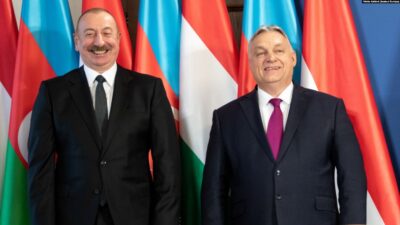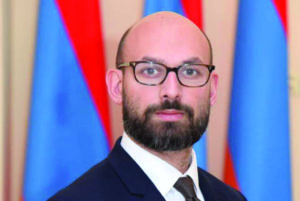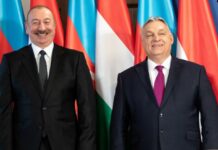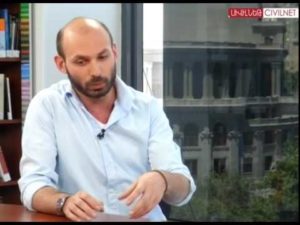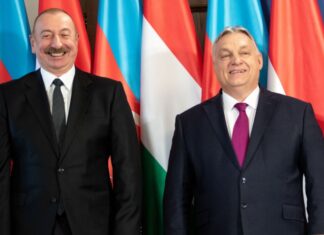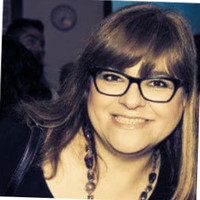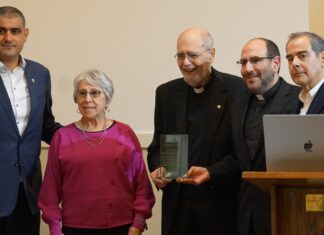YEREVAN — Babken DerGrigorian’s life trajectory is emblematic of Armenian history: continent-hopping family and fluent in several languages, looking for, and ultimately finding, a new home.
DerGrigorian was appointed deputy diaspora minister in May, and in the wake of the absorption of the Diaspora Ministry into the remaining ministries in the government, he has been “tasked with coming up with a model of how to go about transitioning in the face of the high commission for Diaspora affairs,” he said in a recent interview from his office in Yerevan.
While most in Armenia and in the diaspora agree that the Ministry of Diaspora Affairs, created in the government of President Serzh Sargsyan and led since its founding by Hranush Hakobyan, was not able to accomplish much by way of building bridges between the citizens and government of Armenia with the sprawling Armenian diaspora worldwide, the announcement by the post-Velvet Revolution leadership and new Diaspora Minister Mkhitar Hayraptetyan that the ministry would close resulted in much grumbling.
Now, the government, with DerGrigorian as its point person, is reaching out to the diasporan press to let them know about their plans for diasporan relations.
According to DerGrigorian, the high commissioner is going to be the prime minister’s main person in contact with the diaspora. “It is the symbolic and connective aspect of the ministry,” he said.
He stressed that the way the commission is designed to operate is planned to be different from a traditional one. “It will be much more engaged and more than a ministry” he explained. He added that with the position not being a ministry, it would afford the high commissioner to be “freer to be able to be more engaged” with diasporan questions.
